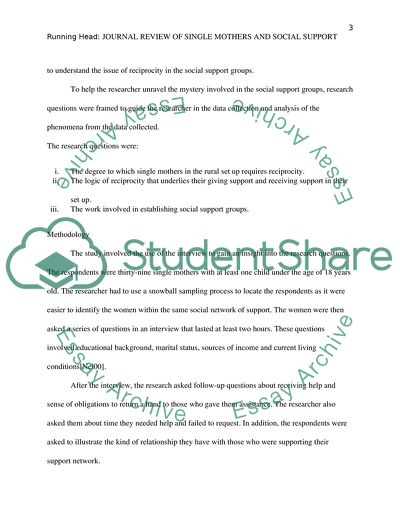Cite this document
(Single Mothers and Social Support Book Report/Review, n.d.)
Single Mothers and Social Support Book Report/Review. Retrieved from https://studentshare.org/sociology/1876304-journal-review-of-single-mothers-and-social-support-the-commitment-to-and-retreat-from-reciprocit
Single Mothers and Social Support Book Report/Review. Retrieved from https://studentshare.org/sociology/1876304-journal-review-of-single-mothers-and-social-support-the-commitment-to-and-retreat-from-reciprocit
(Single Mothers and Social Support Book Report/Review)
Single Mothers and Social Support Book Report/Review. https://studentshare.org/sociology/1876304-journal-review-of-single-mothers-and-social-support-the-commitment-to-and-retreat-from-reciprocit.
Single Mothers and Social Support Book Report/Review. https://studentshare.org/sociology/1876304-journal-review-of-single-mothers-and-social-support-the-commitment-to-and-retreat-from-reciprocit.
“Single Mothers and Social Support Book Report/Review”, n.d. https://studentshare.org/sociology/1876304-journal-review-of-single-mothers-and-social-support-the-commitment-to-and-retreat-from-reciprocit.


